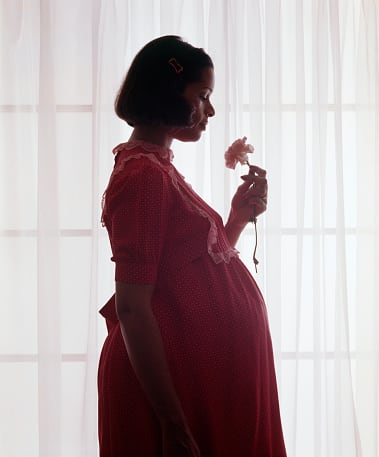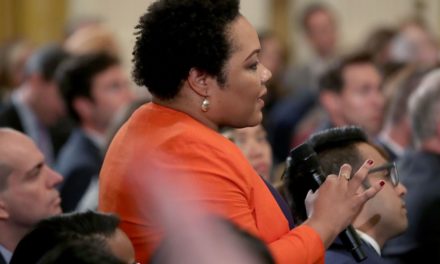
Study results show that some white Americans would rather adopt children of color from other countries, rather than welcome an African-American child into their home. (Photo: LWA-Tardiff/Getty Images)
Ever wonder why Madonna and Angelina Jolie chose to adopt African children rather than a black American child desperately in need of a home? African-American children who land in the foster care system often suffer the long-term physical, mental and emotional effects of being unable to escape the system, because they have much lower odds of being adopted into a loving family.
A new, small study, conducted at the University of Vermont, sheds new light on the very sad reasons why some people may reject black American children — discrimination. The shocking study results show that some white Americans would rather adopt children of color from other countries, rather than welcome an African-American child into their home.
In the Sociological Perspectives article, “We Didn’t Even Think About Adopting Domestically: The Role of Race and Other Factors in Shaping Parents’ Decisions to Adopt Abroad,” the researchers shared the adoption decisions of 41, predominantly white parents from the northeastern United States who had adopted 33 children from 10 different countries.
The majority of the children adopted in the United States were white. Eighteen of the parents specifically said that they did not want to adopt a black child, particularly an African-American child, because in their eyes, the child would have been “too different” physically and culturally.
Amazingly, while parent-child cultural differences were cited as a potential problem by the parents, many of the study respondents were willing to adopt children of color from other countries, actively traveling abroad to do so.
“This challenges the assumption that parents simply choose to adopt abroad because they are in search of white children they could not find in the United States,” explains lead author Nikki Khanna, associate professor of sociology at the University of Vermont, in the story “Race Plays a Role in Decision to Adopt Abroad,” on the University of Vermont site.
But even in these cases, the parents in the study said they had racial limits. They were open to or actively seeking children of color, but not black children.
Why They Went Abroad
The parents who participated in the study expressed some reasons other than race for adopting in other countries, including a fear that the birth parents might change their mind; concern about the open adoptions that are increasingly common in the United States; or wanting to be able to choose the child, rather than being chosen by the mother as is often the case in the United States.
They also had very clear reasons for rejecting black and black American children. The most common reason was they “did not think it was in the child’s best interest.” The researchers categorized this response as racism expressed through concern over how the child would be treated by their community and extended family or socialization — feeling ill-equipped to teach a child about African-American culture and how to deal with racism.
Other reasons for not wanting to adopt a black child included bonding fears; family prejudice; and racial stereotypes, including a perception that black males were too out of control and female Asian children were more likely to “obedient and passive.”
Khanna says that while some were careful to mask discriminatory remarks, others were very open about it. “One woman, who adopted a child from Guatemala, said that she ‘probably wouldn’t have adopted a black child … Hispanic seems less different for me than black.’”
Another couple said they wanted to diversify their family, but adopting a child of color seemed “too different.” They reported: “It’s weird that we were fine with Asian. … We were fine with South American. And we weren’t fine with African American.” When asked why, she said “maybe I wasn’t exposed or I just thought it would be too different.”
Adoption Trends & Our Children
As depressing as it is to view study results that reveal such deeply entrenched racism in America — a factor that will come as no surprise to many African Americans — it suggests larger issues for African-American children trapped in the foster care system.
The researchers noted that while Americans adopt primarily from China, Ethiopia, Korea, Ukraine, Democratic Republic of the Congo, Uganda and Nigeria, more than 400,000 American children remain in foster care. About 35 percent are our children. The study results underscore the need for black parents to adopt African-American children, if they are open to adoption.
“Given these findings, encouraging American parents to adopt in the United States may prove difficult,” Khanna concluded . Her primary research focuses on biracial and multiracial issues in America. “These findings also have implications for broader race relations in the United States, given that parental preferences regarding the race of their adoptees reflect the American racial hierarchy that relegates black/African Americans to the bottom tier.”








